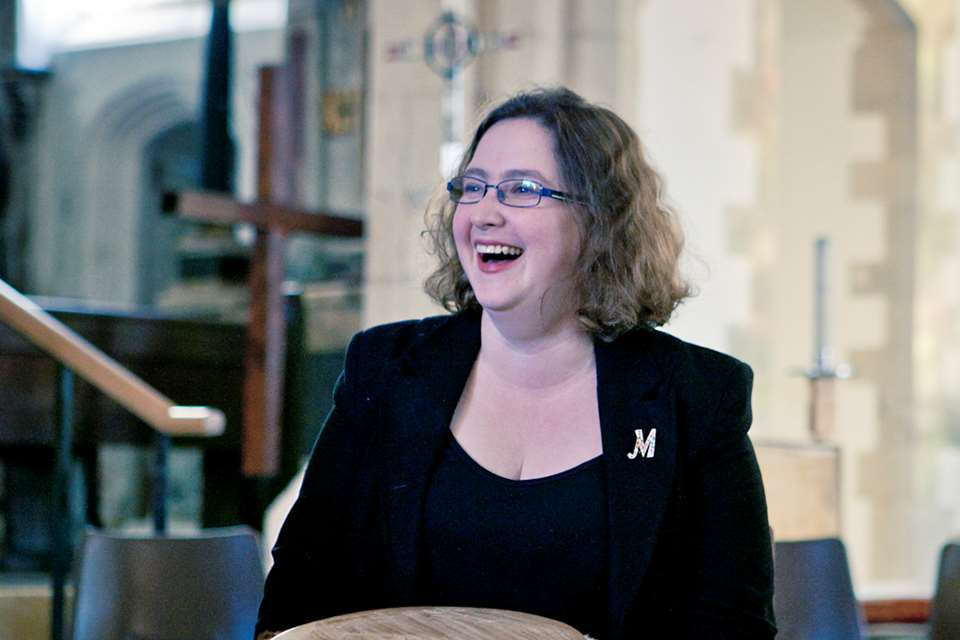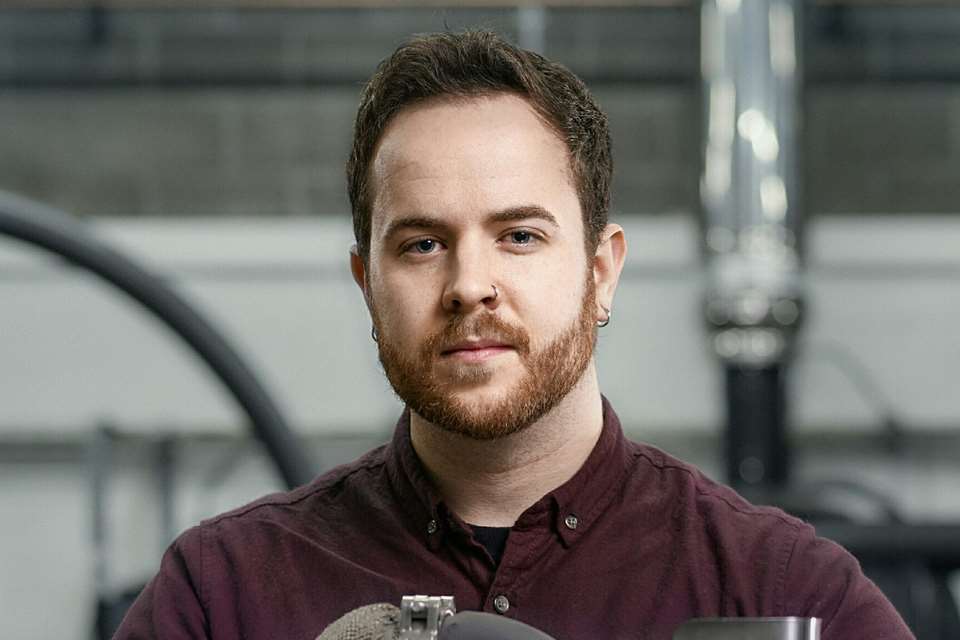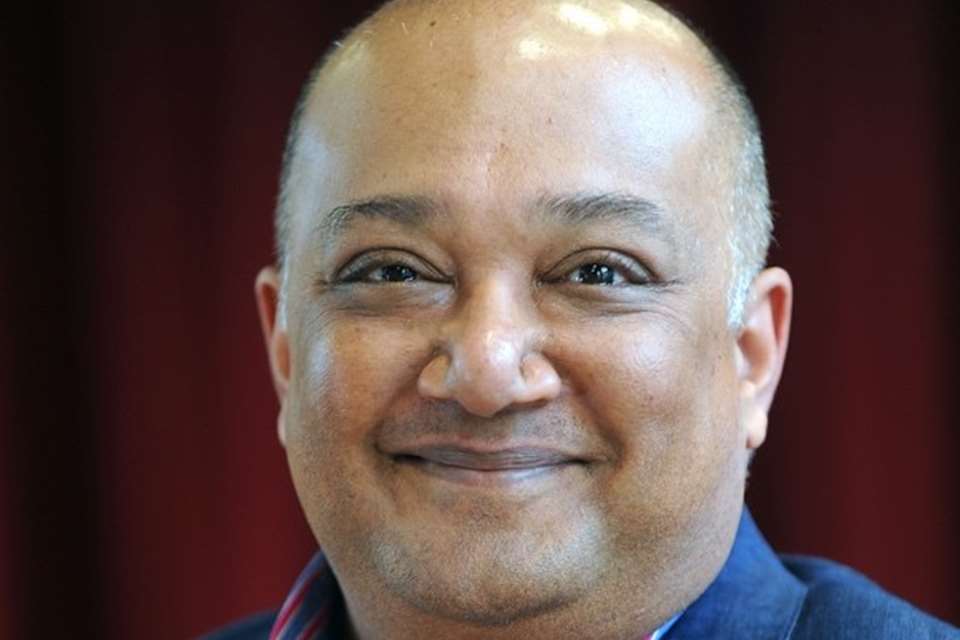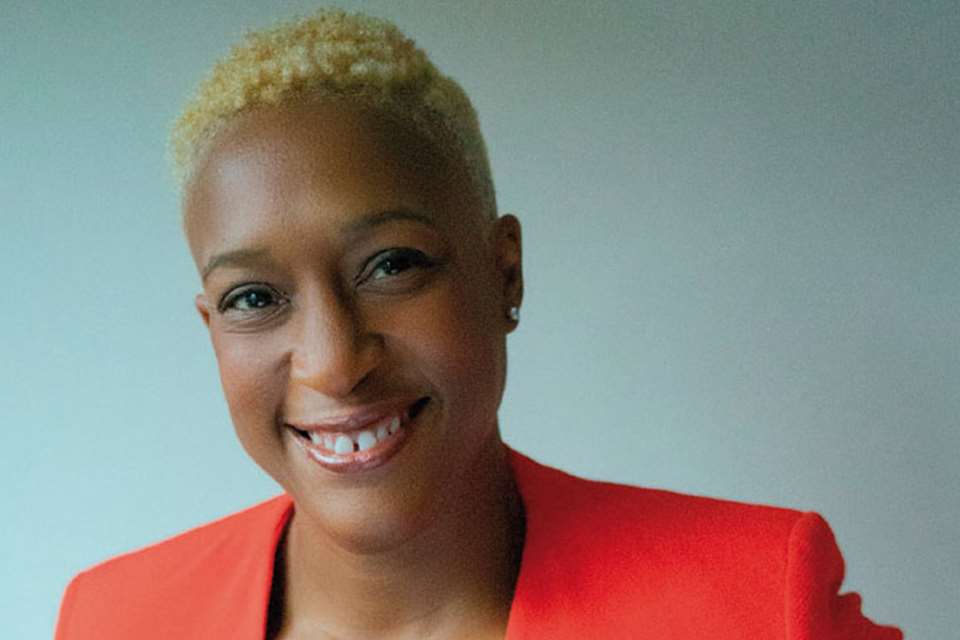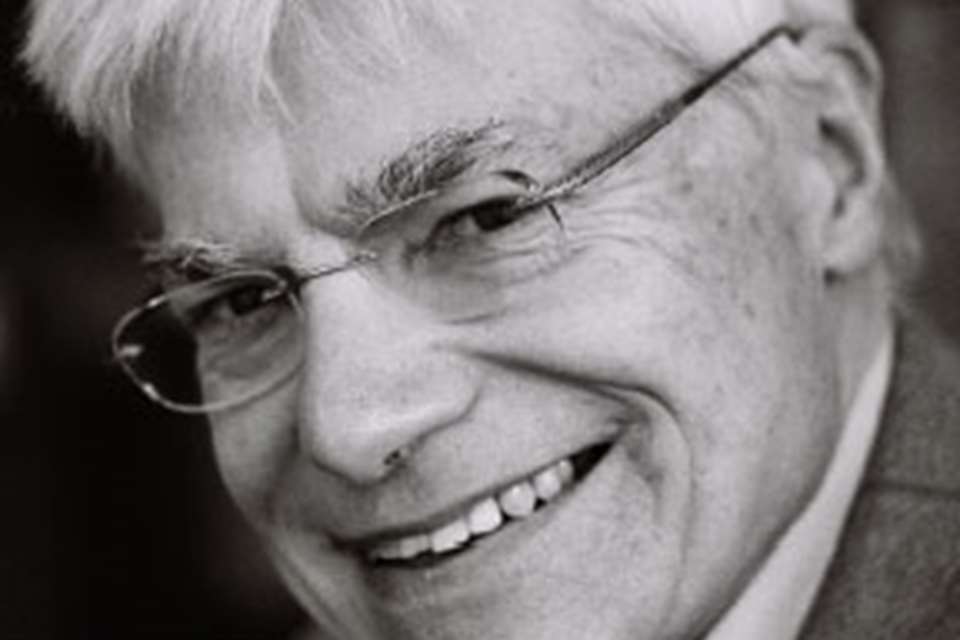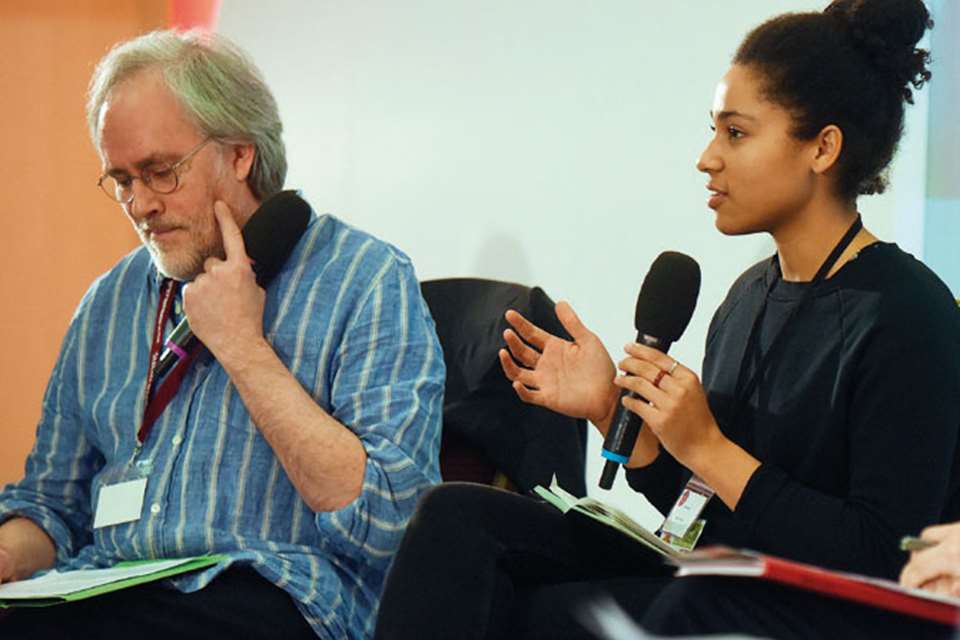Q&A: Clive Marriott
Hattie Fisk
Saturday, January 1, 2022
Headteacher at Salisbury Cathedral School, Clive Marriott has recently been appointed as the new chair of the Choir Schools' Association. Hattie Fisk catches up with him
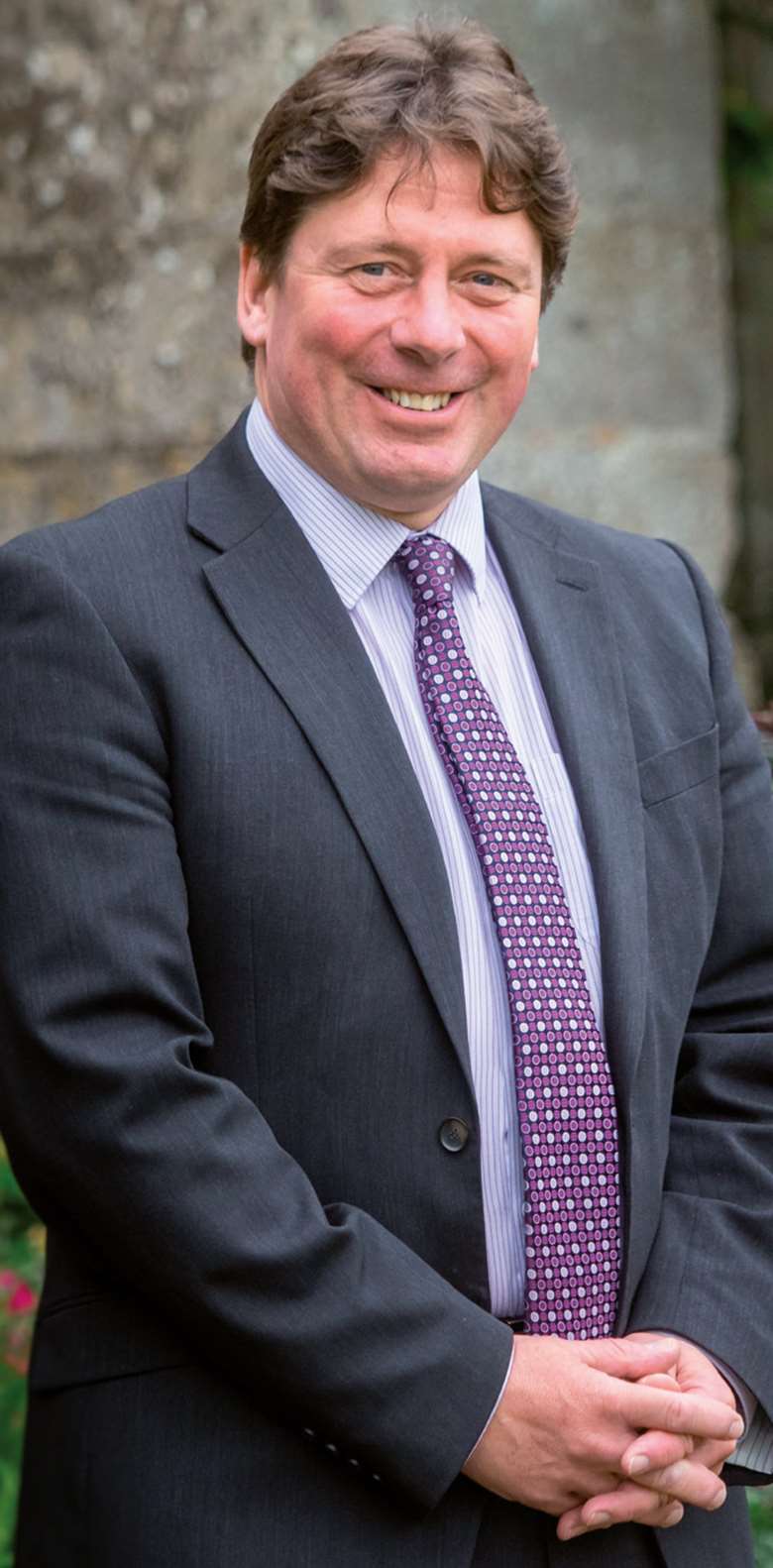
HF: How have your life experiences led you to become a teacher and value music education?
CM: As a child I drew much pleasure and strength from singing in choirs. It was during my time as a chorister in Crediton Parish Church Choir that I learned to play the organ and some rudimentary conducting. My choir mistress, the late Dorothy Sheppard, gave so much time to help me develop these lifelong skills; her kindness and dedication to enriching the lives of the children she worked with opened my eyes to the value of teaching as a vocation. I don't really remember a time when I didn't teach or want to teach, having experienced the powerful effect which music had on my own life. As the head of Salisbury Cathedral School, I draw such delight seeing my pupils flourish as they find their own voices, both literally and metaphorically.
HF: Congratulations on becoming the new chair of the Choir Schools' Association! What do you think the next steps are for the CSA?
CM: The challenges of the past year have opened opportunities for review and consolidation in many organisations, and for the CSA, this has initiated discussions about its core aims and values. I am confident that the CSA will develop greater agility, recognising and capturing talent from an ever-wider sphere, and in so doing, this will enable its influence to spread to new audiences. As part of its mission, the CSA will be adopting a more proactive and authentic approach to equality, diversity, and inclusion. It doesn't want to run the risk of becoming anachronistic, and unresponsive to the needs and aspirations of our ever-changing society. The CSA is not an exclusive club for the entitled and privileged few.
HF: In wider music education, what changes do you hope to see in the next five to 10 years?
CM: What I'd really like to see is for music to be recognised as a vital subject, rather than a ‘nice to have’ extra. Children learn through example, and sadly I feel some schools place too much emphasis on STEM, while other subjects, like music, accidentally become assumed to be of less value. I am aware that music was one of the things that helped to keep school communities focused and nourished during the otherwise dark days of the lockdowns. I trust that politicians and those with influence will see sense in providing the funding to develop and sustain meaningful projects to expand the positive effect of music in our schools.
HF: How have you maintained music participation at Salisbury throughout the pandemic?
CM: During lockdown periods our pupils continued their instrumental lessons online with their peripatetic teachers, and pupils posted recordings of themselves singing and playing their instruments online. The cathedral choristers sang regular online services; when they could perform in person, the most challenging moment musically was when they had to sing without a congregation physically present, in line with the Church of England's regulations. Recently, we also proudly celebrated the 30th anniversary of the formation of our girls' choir, as we were the first English Cathedral to provide experience and funding for both boy and girl choristers. This was a ground-breaking moment for equality, and a poignant reminder to foster wider inclusivity in all our educational endeavours.
HF: What advice would you give to music teachers across the country who wish to increase the number of students engaged in their choirs?
CM: If you can build a rich culture of music making, in many forms, then regular singing and playing not only become things that are part of the everyday for pupils, but are also special, unique and purposeful. Like many other schools, we work in partnership with local maintained schools, going out into the community to exchange expertise and a passion for our belief in the transformational power of music. In recent years, we have also partnered with Exeter House School, a mixed special school in Salisbury, in a project called ‘Evening Songs’, led by the composer Howard Moody. This was a deeply humbling experience for all, in which children with diverse and complex needs were united in making music and lasting friendships, transcending barriers of verbal communication, and dispelling myths and stereotypes.


